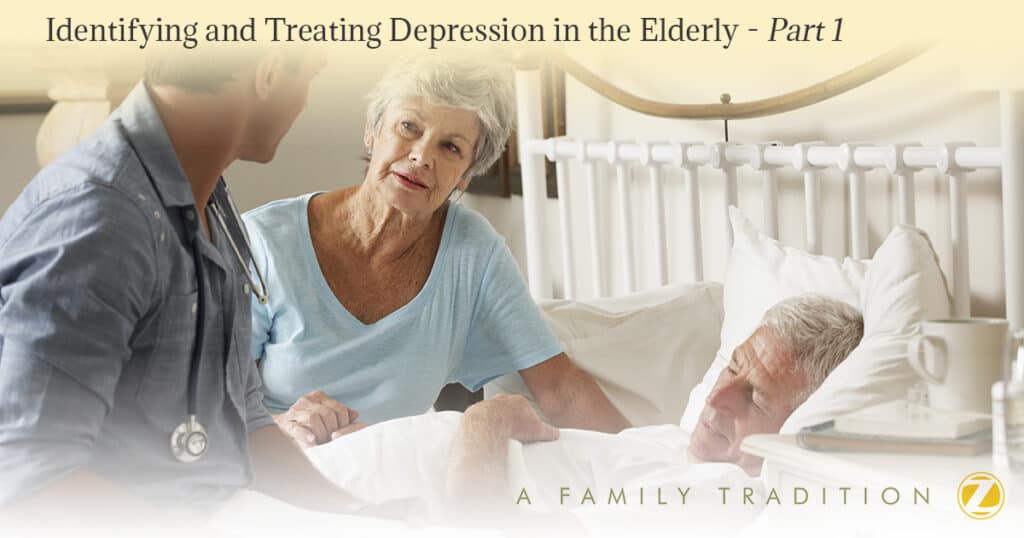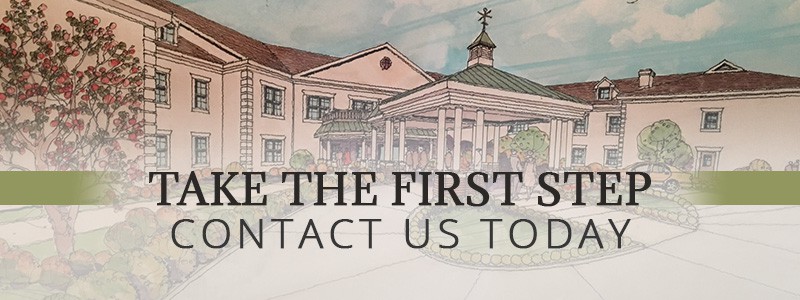
Most of us know that depression can hit anyone at any time, but all too often, we fail to think about the elderly. We shouldn’t. According to the National Institute of Mental Health (NIMH), over 15 percent of elders struggle with depression every day. Additionally, 25 percent of America’s elders report unshakable feelings of sadness.
Depression in elders isn’t a small problem. Depression is closely connected to suicide, and the elderly suicide rate has increased significantly over the past 10 years. At Heritage Assisted Living, we have an clear view into what depression can look like in the older generation. In today’s blog, we want to discuss senior depression and its signs.
Elder Depression Isn’t Handled Correctly
The fact that depression is so common among seniors isn’t helped by the fact that many of the health practitioners who treat them aren’t prepared or equipped to identify signs of depression. Questions about depression aren’t included in screening processes. However, that isn’t the only issue.
Even when practitioners reach out to screen their older patients for depression, many of their patients hide their mental struggles. Of all the age groups in America, the older one is most sensitive to the negative mental illness stigma. Because they associate mental illness with hospitals and nursing homes, they conceal their symptoms and therefore don’t get the help they need.
Untreated depression in seniors has physical ramifications. Research has connected depression to a doubled risk of cardiac disease and other significant health problems. Depression keeps seniors from recovering from heart attacks and other major medical events, making it more likely they will die. As you can see, depression truly can be a deadly illness … but only if it isn’t identified and treated.

Red Flags to Watch For
The elderly face a unique set of saddening challenges, including the deaths of good friends, health struggles, and purposelessness, to name a few. It is normal for their spirits to fall in the face of grief or other life changes. However, if their spirits fail to rise again, something is wrong. If you are wondering if your loved one is wrestling with depression, watch for these changes:
-
Social Withdrawal
- Maybe you used to have dinner with your mom every Friday, but now, whenever you try to plan a get-together, she has an excuse. Depression may be causing her to shut you out and take on a hermit mentality. Doing so will only make her condition worse.
-
Irritability
- If your loved one has gone from being pleasant and cheerful to grumpy and easily upset by insignificant things, depression may be to blame.
-
More Pain
- Did you know that mental pain makes physical pain worse? If your loved one is complaining of worse pain than ever before, something beyond the physical might be going on.
Make sure you read Part 2 for more symptoms and treatment options.
Contact The Heritage
At The Heritage, we work hard every day to ensure that our community members’ quality of life is as great as possible. To learn more about what we can do, contact our senior living apartments in Hammonton!
Read Part Two for more insights and treatment pointers!
